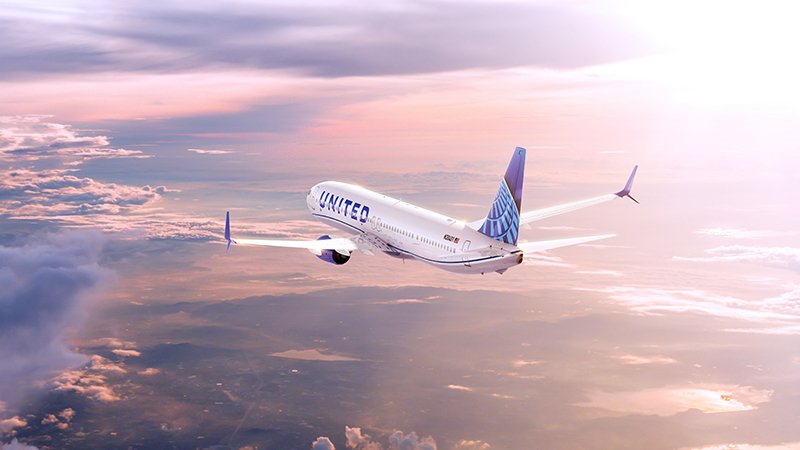United Airlines has taken a significant step in its fleet expansion strategy by expressing a strong interest in acquiring the Airbus A321neo. This decision comes on the heels of the airline’s choice to remove the Boeing 737-10 from its immediate plans due to uncertainties surrounding certification timelines. With the evolving landscape of air travel and fleet requirements, United appears keen to enhance its offerings with the A321neo, a model known for its efficiency and popularity among carriers.
United Airlines and the A321neo
In March 2024, United Airlines CEO Scott Kirby emphasized that the potential order for the A321 was contingent upon reaching an agreement that met the airline’s economic requirements. He stated, “We are in the market for the A321neo,” which reflects the airline’s proactive approach towards modernizing its fleet and ensuring operational efficiency.
The Airbus A321neo stands out as one of the most desirable aircraft in the aviation market due to its fuel efficiency and flexibility, making it an appealing choice for airlines looking to optimize their operational costs. This aircraft is particularly suited for domestic and short-haul international routes, aligning perfectly with United’s strategy of enhancing connectivity and service to its passengers.
Strategic Fleet Decisions
The decision to pivot from the Boeing 737-10 to the A321neo underscores United’s commitment to adapting its fleet according to market conditions and aircraft availability. The ongoing uncertainties surrounding the certification timeline for the 737-10 have prompted the airline to explore alternative options that would assure timely deliveries and operational readiness.
United Airlines’ move is a reflection of a broader trend in the airline industry. Many carriers are increasingly focusing on sustainability and efficiency, and the A321neo fits well within these evolving priorities. The aircraft’s characteristics allow airlines to operate more economically while reducing their environmental footprint.
Looking Ahead
The airline industry is witnessing dynamic shifts as carriers reassess their fleet strategies to meet both passenger demand and operational challenges. For United Airlines, the potential acquisition of the A321neo signals its intent to remain competitive and continue providing quality service to travelers. As negotiations unfold, the focus will remain on securing a deal that aligns with United’s financial and strategic objectives.
As this story develops, industry watchers will be keen to see how United’s decisions impact its long-term fleet strategy and market positioning. For further details and updates, click here for the full story.


